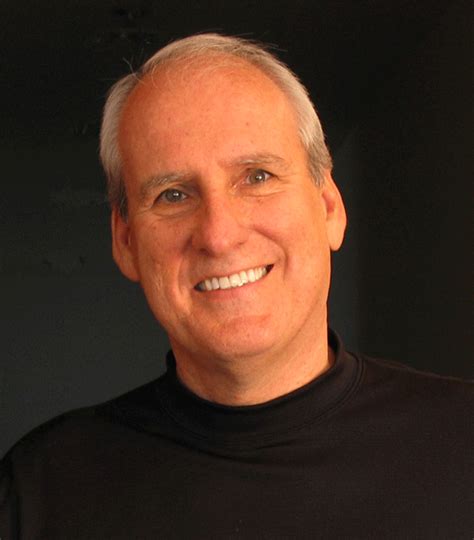A Quote by Paul Theroux
There's books that are about places we will never go, and then there's books that inspire us to go.
Related Quotes
As we go through this transition where a lot more people will be reading on devices, nobody is paying enough attention to make sure it's a smooth transition. I believe we still need places where people can go to handle, hold and talk about books, get information about what books are out there, and so on.
[On libraries] What's great about them is that anybody can go into them and find a book and borrow it free of charge and read it. They don't have to steal it from a bookshop... You know when you're young, you're growing up, they're almost sexually exciting places because books are powerhouses of knowledge, and therefore they're kind of slightly dark and dangerous. You see books that kind of make you go 'Oh!'
The current publishing scene is extremely good for the big, popular books. They sell them brilliantly, market them and all that. It is not good for the little books. And really valuable books have been allowed to go out of print. In the old days, the publishers knew that these difficult books, the books that appeal only to a minority, were very productive in the long run. Because they're probably the books that will be read in the next generation.
I doubt that VR will really replace the quality of books. If you want to go into let's say the Prado in Madrid and you want to go into Hieronymus Bosch or whatever, you'd rather go into books and you take your time and it's sitting there all day long and you go back and revisit it and it becomes part of your physical life.
One summer I was homeless in L.A., when I was about fifteen, and I used to go to the library to get books. I would have books in abandoned cars, in the seats, cubby holes on the L.A. River, just to have books wherever I could keep them, I just loved to have books. And that really helped me. I didn't realize it was going to be my destiny; I didn't know I was going to be a writer.
Those who read books cannot understand the teachings and, what's more, may even go astray. But those who try to observe the things going on in the mind, and always take that which is true in their own minds as their standard, never get muddled. They are able to comprehend suffering, and ultimately will understand Dharma. Then, they will understand the books they read.
A library is many things. It's a place to go, to get in out of the rain. It's a place to go if you want to sit and think. But particularly it is a place where books live, and where you can get in touch with other people, and other thoughts, through books. If you want to find out about something, the information is in the reference books---the dictionaries, the encyclopedias, the atlases. If you like to be told a story, the library is the place to go.
Books may not change our suffering, books may not protect us from evil, books may not tell us what is good or what is beautiful, and they will certainly not shield us from the common fate of the grave. But books grant us myriad possibilities: the possibility of change, the possibility of illumination.






































